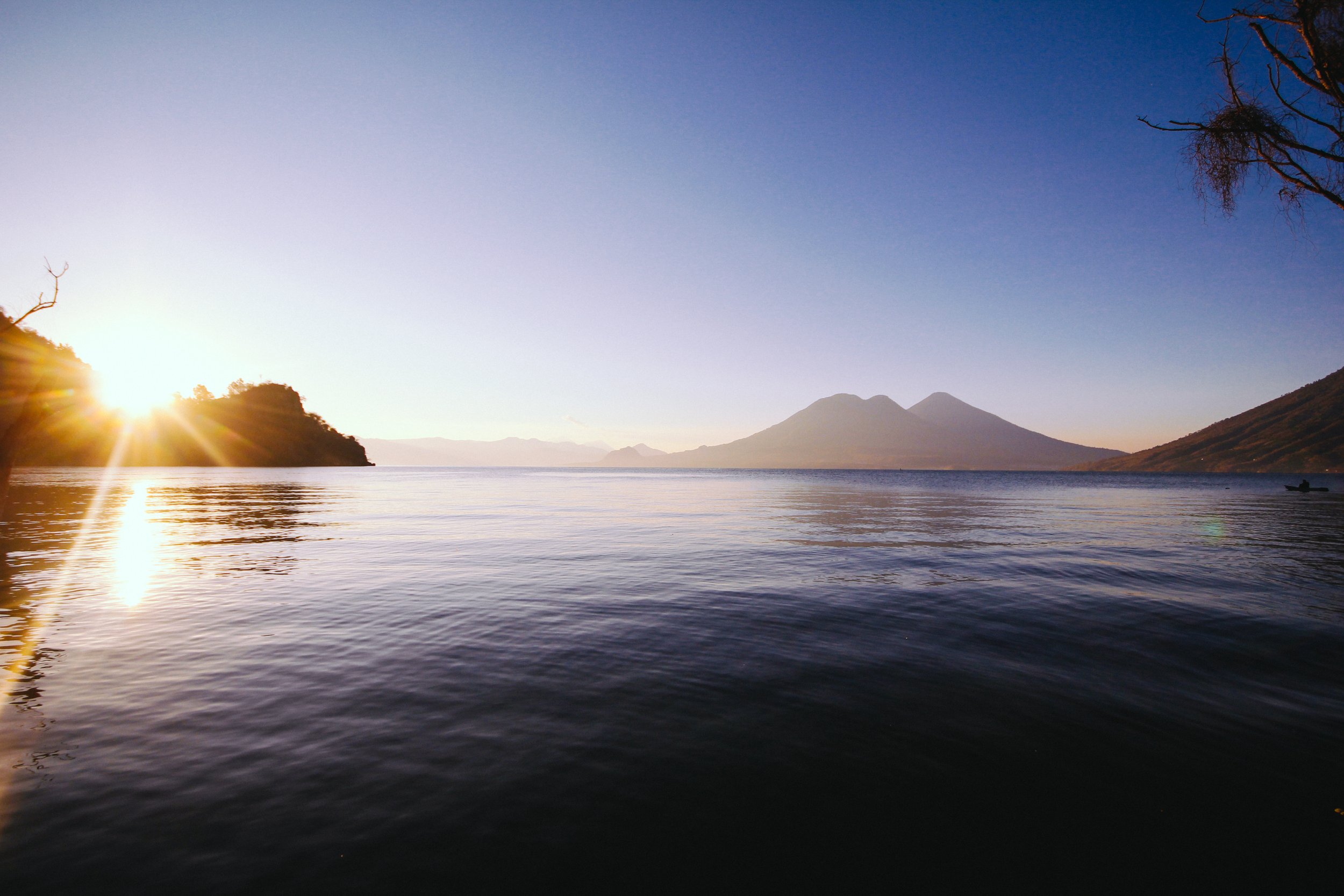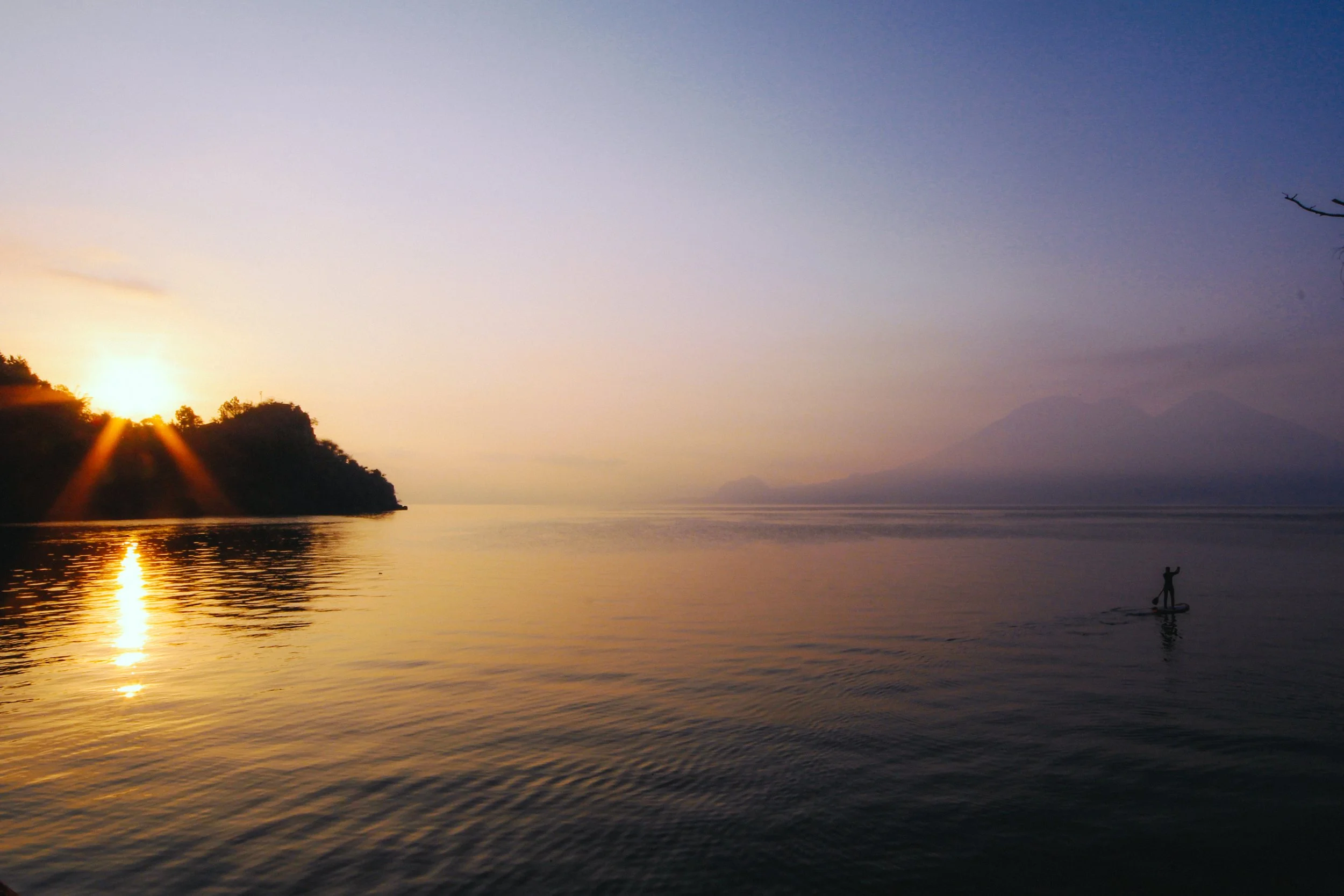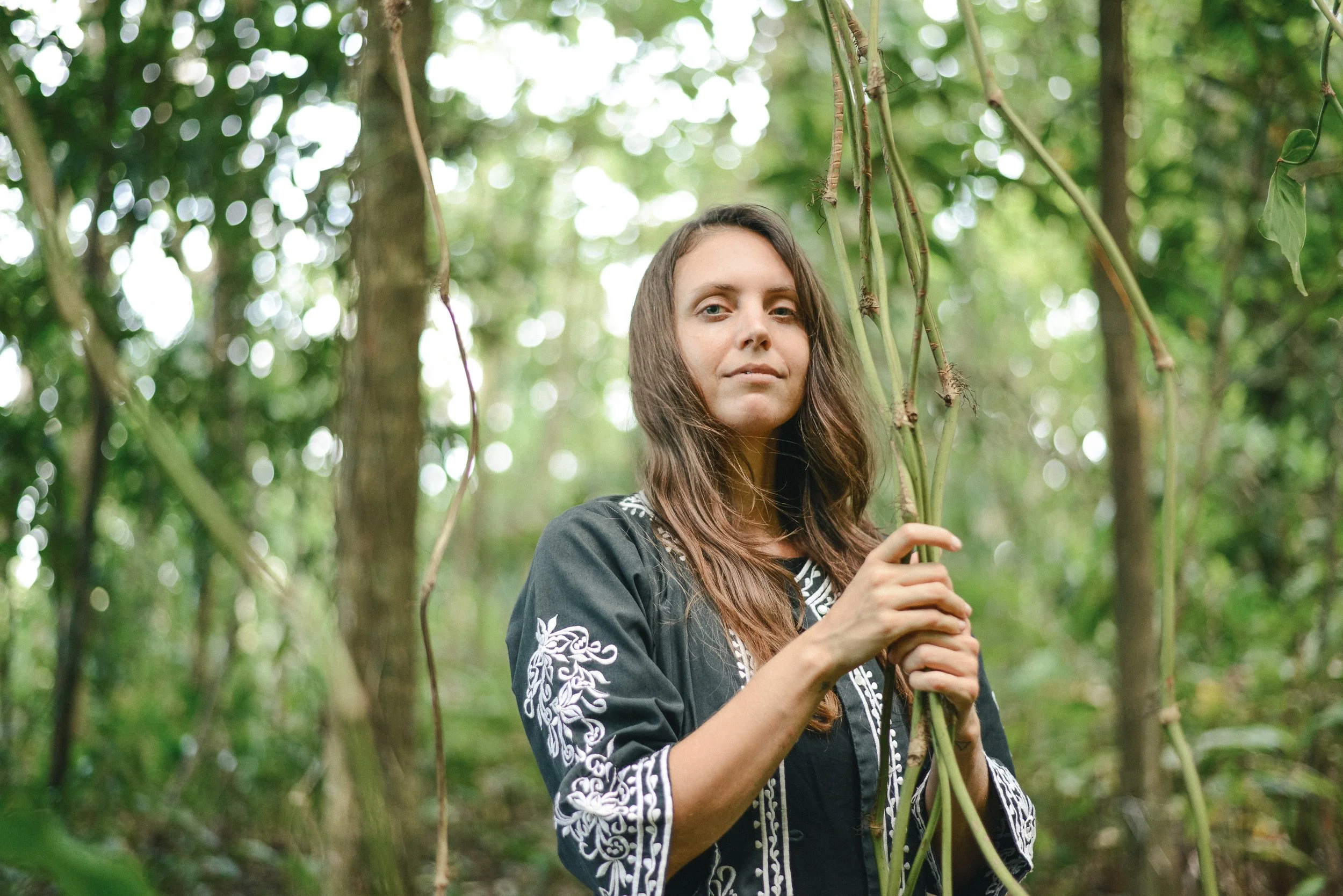
THE DREAMS COURSE
A Living Research Methodology
Explore the realm of dreams to expand your ways of knowing, access ancestral memory, and learn with cultures and territories of wisdom.
Join us to understand the worldviews that influence your dreams, while integrating the extraordinary into the ordinary.
In this course, we explore dreams and dreaming practices to support life-long learning, connection and right action.
“Dreams were among the most important experiences you could have on Earth. They could provide guidance and direction if properly remembered.” — Borrows, J. Drawing out law: A spirit’s guide.
By engaging with dreams as a method of research we can immerse in authentic ways of perceiving and relating to the world around us.
Course Modules:
-
Introduction to the Living Research Methodology
Methods of Research
Our Invitation
Introduction to Dreams
What Does the Science Say About Dreaming?
Dreams Course Intro Audio
-
Introduction
Knowing Our Purpose - Guatemalan Maya
Our Relationship to Time - Parintintin of Brazil
Dream Relationships to Nature - Ese Eja of Peru and Bolivia
Importance of Sharing Our Dreams - Guarani of Brazil
-
Introduction
The Legacy of Academia
Opening to New Ways of Seeing & Being
Sacred Worldview: the Shamanic World
Examples of Dreaming Differently
The New Anthropology of Dreaming
Integrating Experiences
-
Why Do We Dream and Why Are Dreams Important?
A Spiritual Worldview
How Do We Research With Dreams?
Importance of Decolonization
Changes within Anthropology
Importance of Indigenous Methodologies & Dreaming
Indigenous Identity & Ethical Awareness
Ethical Considerations
Ethics of Learning With Another Culture and Representation
Why This Work Is Important
-
Dreams & Interpretation: Blurring of Waking and Dream States
Worldview
Natural Law
The Relational Web of Life & Sacred Dream Spaces
Technology of Myth, Symbolic Meaning & Oral Histories Connected to Territories.
Cross-Cultural Exploration
Interpreting Your Dreams
Elder Guidance & Shared Knowledge
Communicating Dreams'
Beyond Mind and Language
Imagination, Purpose of Dreams and Prophecies
Healing and Guidance
Dreaming The World Into Being
-
Gratitude
Power of Intention
Dream Consciousness - Lucid Dreaming
Tibetan Dream Yoga
What Has Been Missing
Wetiko - Living Nightmares
Deconditioning / Decolonizing
Creating Context
Protocols - Thoughts
Ceremonial Protocols
Dream Allies or Blocks
Dreaming, Visioning & Astral Travel
Practices & Processes - Ceremonial Research
Individuation
Integrating Experiences
Travel Well
Cosmological visions
Here to enrich your own research and learning process.
We invite you into the role of researcher to explore:
your own ancestral lineages and memories to reclaim a stronger earth-based identity and orientation - to guide us into our best future together.
the oral history and mythology woven into the lands you were raised in, visit, or live in and how that shapes your knowing.
visiting another culture and territory and recording your personal experience and learning through all your senses.
“Dreams were deemed important avenues for glimpsing the future, finding that which had been lost, understanding the cause of psychological disharmony, and the origin of needs and wishes that must be honored. Throughout Indian America, dreams and dreaming were considered essential to success and happiness in life.”
— Gregory Cajete (1994). Look to the mountain: An ecology of Indigenous education
READY TO DEEPEN
IN YOUR WAYS OF KNOWING WITH DREAMS?
Our doors are now closed for now. Join the waitlist below for first access for when our doors open next:

Section Styles red-bl
What You Will Learn:
How dreaming can deepen your ways of knowing, expand mental capacity and help you process information.
The protocols and practices of dreaming that help you stay connected to the web of life, territory, and your earth-based ancestry.
The importance of sharing dreams and right interpretation.
How our worldview influences and impacts our capacity to dream.
An invitation to step into the role of a researcher to explore your ancestry, connection to territory and to travel and learn with other cultures.
Methods for accessing ancestral memory, for a better understanding of yourself.
Ways to apply dream awareness to your life, to take action and support your work in the world.
Building an engaged imagination and relationship to the world around you for renewed hope and vitality.
COURSE AUTHOR + GUIDE
Founder, Hannah Ruth Dyson offers her unique insights and perspective as a living researcher and storyteller to this course.
“As a child I had extraordinary dreams without a safe place to communicate them. It was only later in life, through this work and connecting with other cultures, that what I thought was extraordinary could also be understood as ordinary.. Dreams and visions can be grounded and held within a really beautiful context of knowledge, of wisdom, of relations. Each community I have worked with has influenced my dreams, deepened and expanded my perspective, and influenced my path. Dreams continue to be such a rich resource for learning, processing and remembering. For every major or minor life event I pay close attention to my dreams to understand what is taking place.”
Find my professional bio here


